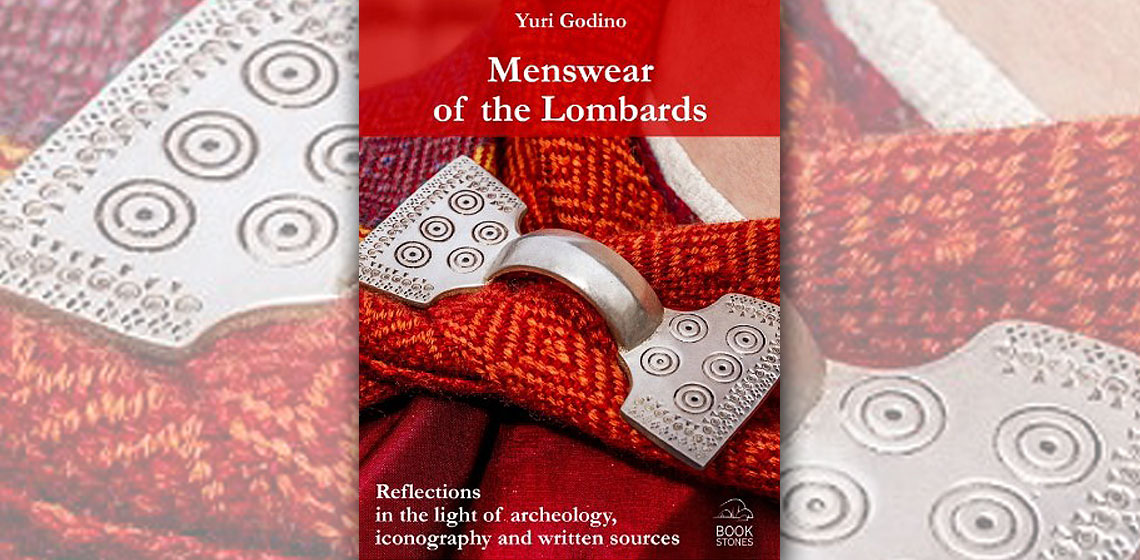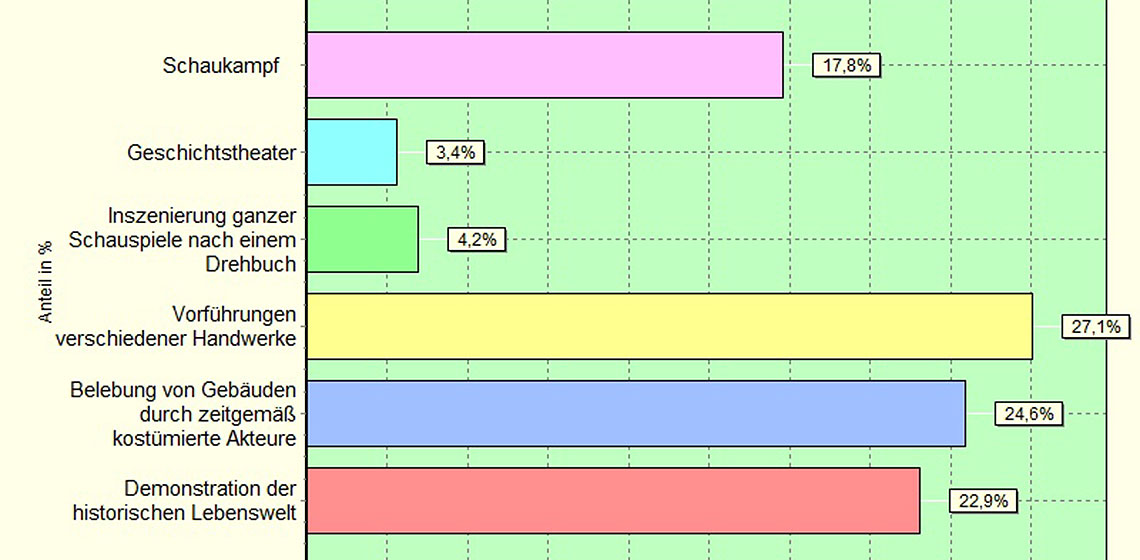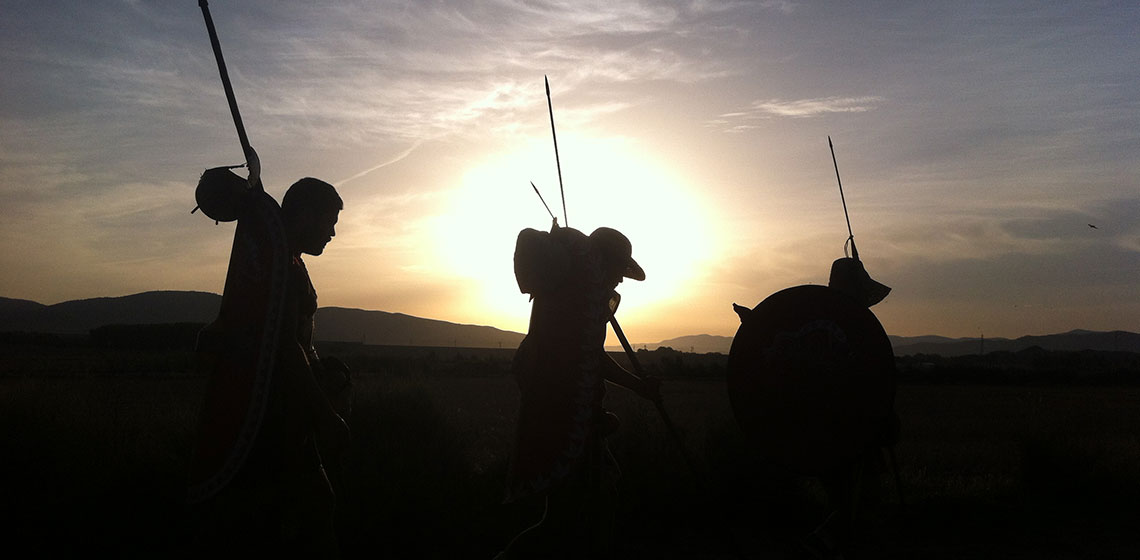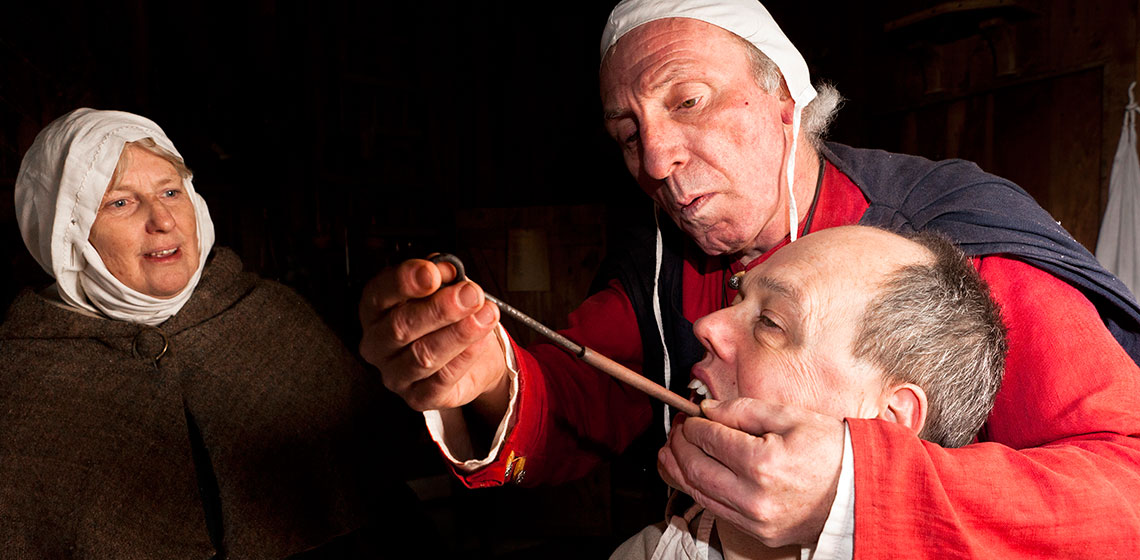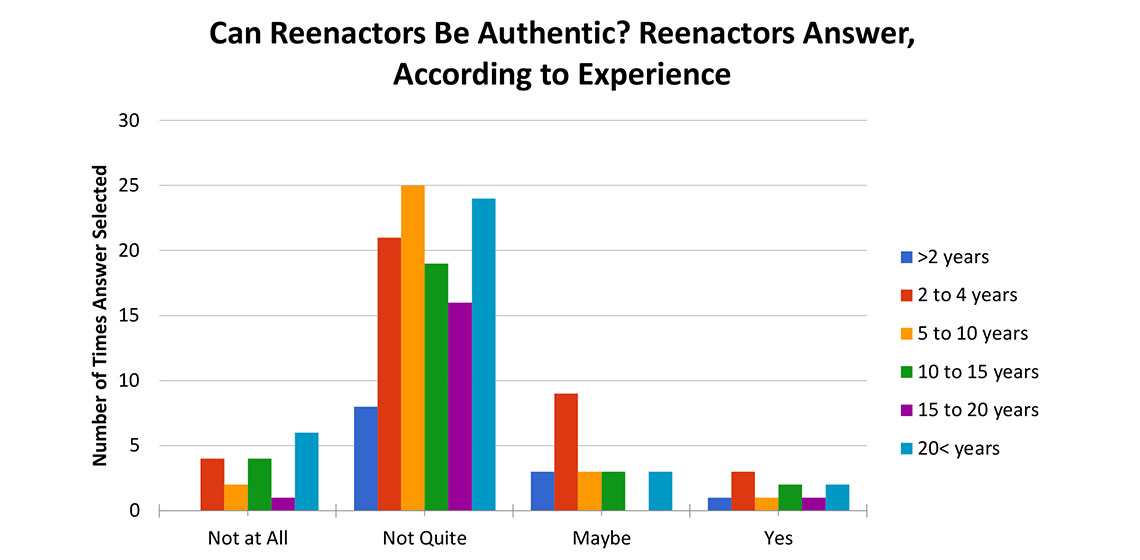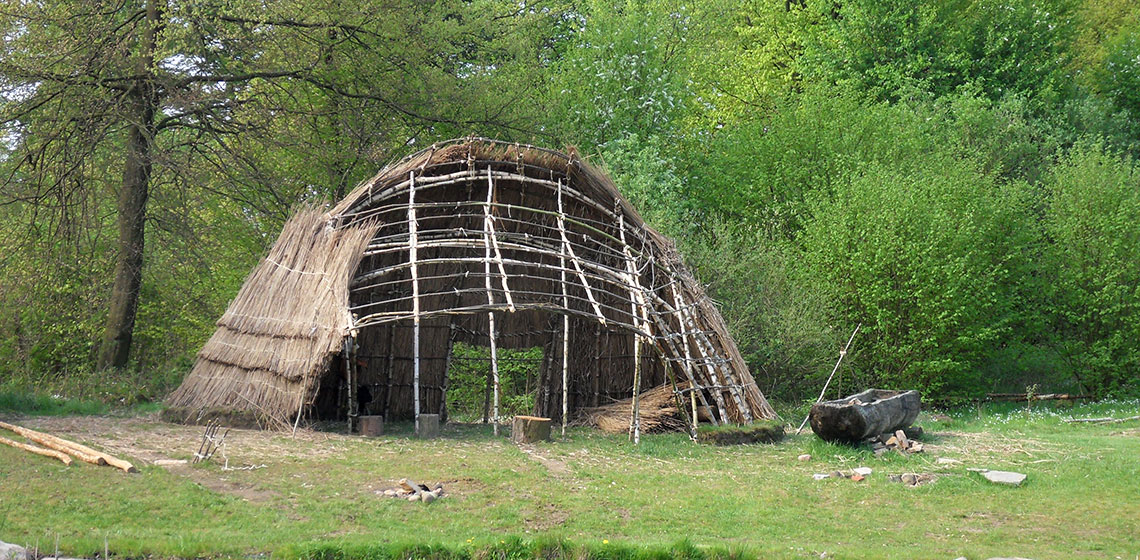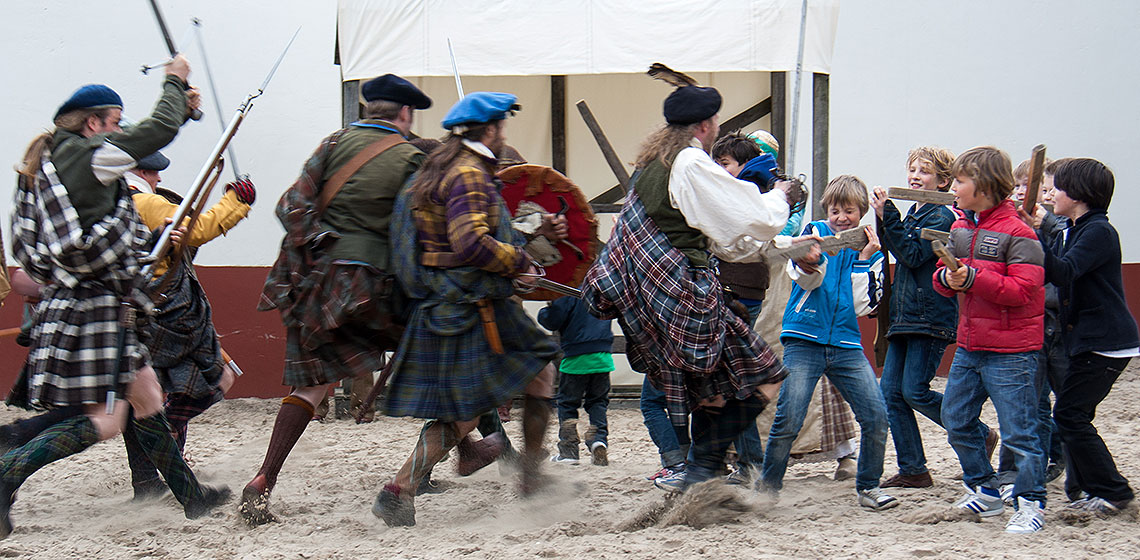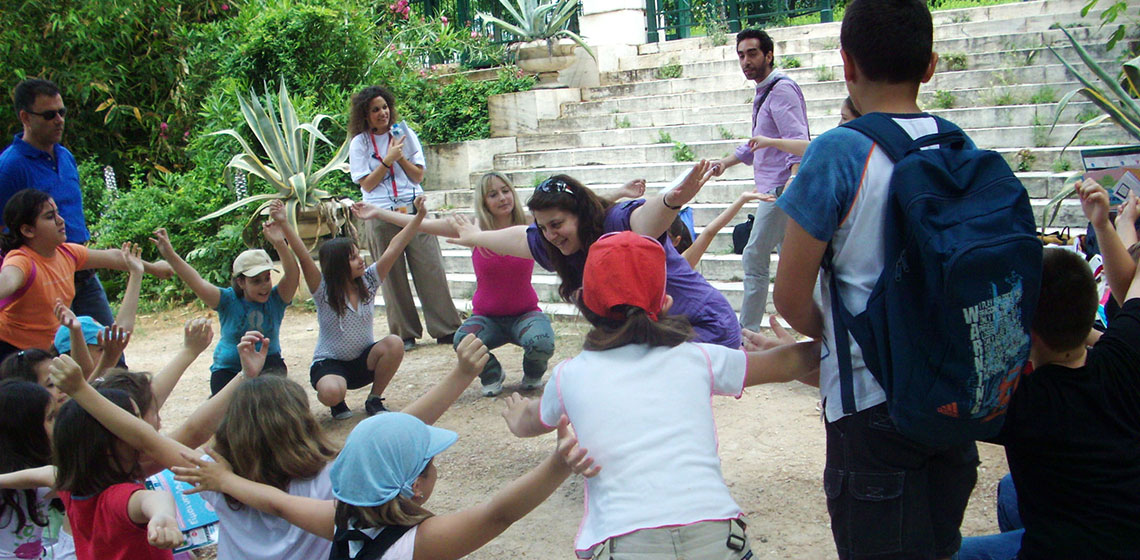living history
Book Review: The Movement - Comments on the Booklet How to Organize a Historical Event involving Reenactment Groups
What defines re-enactment and living history?
As I believe that a clarification of terms and the contextualisation of matters is a good starting point for any investigation, this question marks the beginning of my guide (Aune Nilsen 2015:6-7). Talking to organisers, museum workers and re-enactors in Scandinavia, I have noted that they all have different answers to this question.
Book Review: Menswear of the Lombards. Reflections in the Light of Archaeology, Iconography and Written Sources
Living History as an Instrument for Historical and Cultural Exchange in German Archaeological Open-Air Museums: an Online Survey Defines Present Status
The VIA SCIPIONIS Project Outdoor Travelling Experimental Archaeology and Re-enactment
The Attack on the Tooth Worm
The Value of Experience: Lessons from a Study of Reenactment
Book Review: Geschichtstheater. Formen der "Living History" by Wolfgang Hochbruck
National interest in re-production of history started when the Ethnological Commission of Westphalia called together with Freilichtmuseum Cloppenburg, one of the oldest German open-air museums, a conference on the topic of “Living history in the Museum” in 2007 in Cloppenburg, Niedersachsen. Subsequent conferences made it clear that - apart from predictable doubts about the reliability and quality of the reconstructions of historical life-worlds and events - there was a significant dissonance regarding terminologies.
Experience with Building Mesolithic Huts in the Stone Age Park Dithmarschen in 2014
***Two new huts in the Stone Age Park Dithmarschen in Albersdorf (Germany) were built in spring 2014 by the Experimental Archaeologist and Educator Werner Pfeifer with the support of some friends and with financial support from the Stone Age Park Dihmarschen and the EU co-financed project OpenArch.
What Does Your Visitor Experience? Making the Most of Live Interpretation in a Unique Setting
***Archaeological Open-Air Museums (AOAM) offer a unique setting in which live interpretation can make history come truly alive. For many, or perhaps all, AOAM history is the product being sold to the public. During the five years the OpenArch project has run the partners have spent many hours discussing the...


